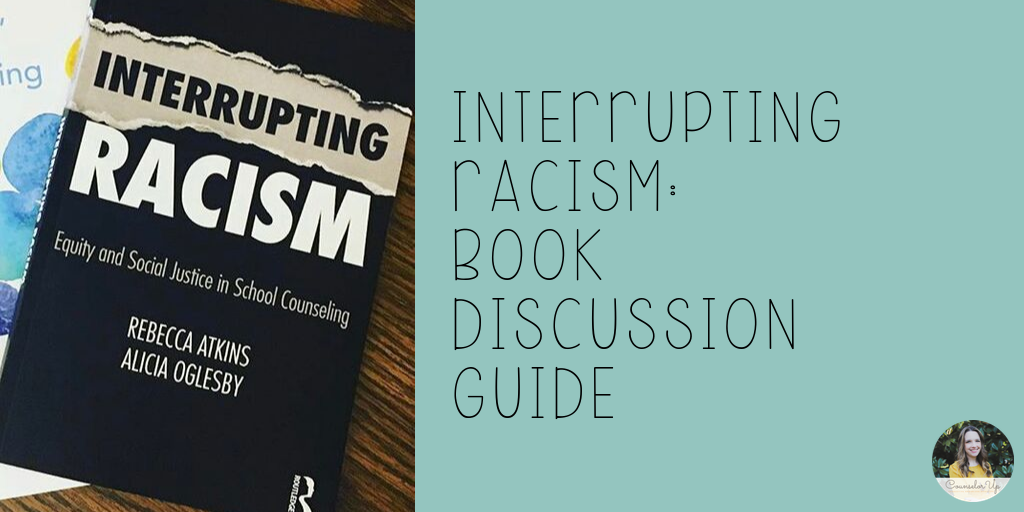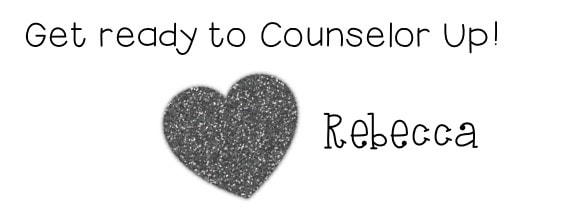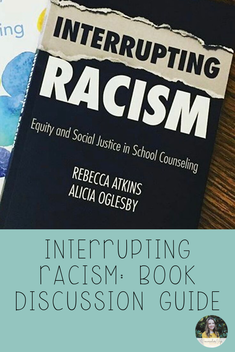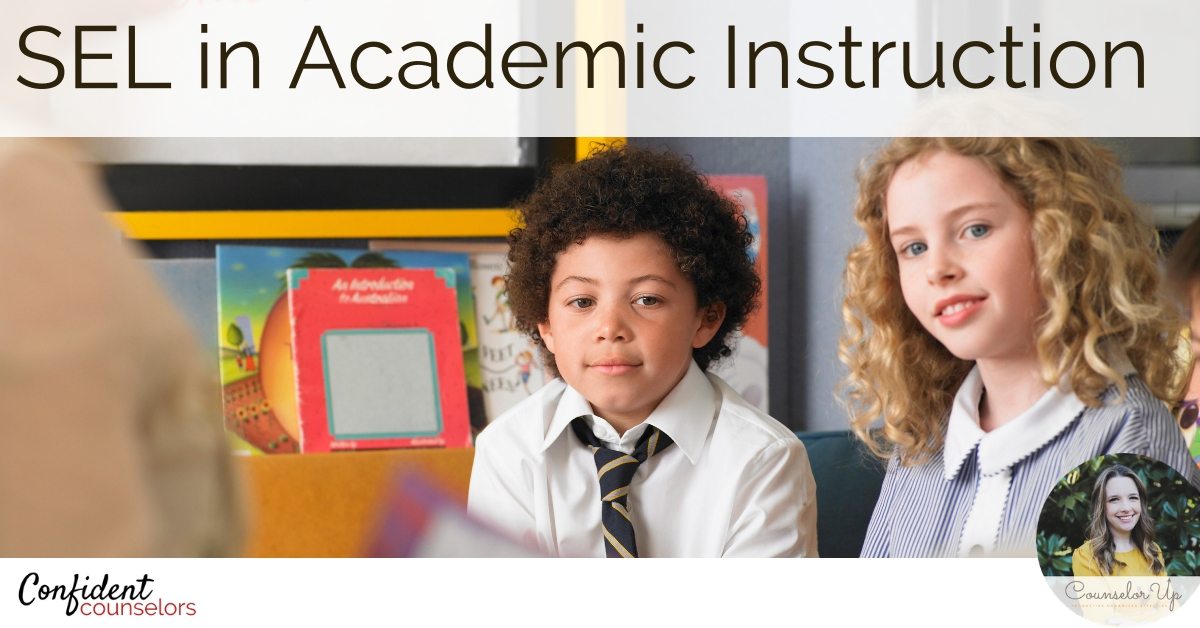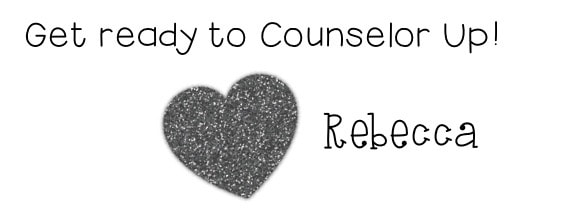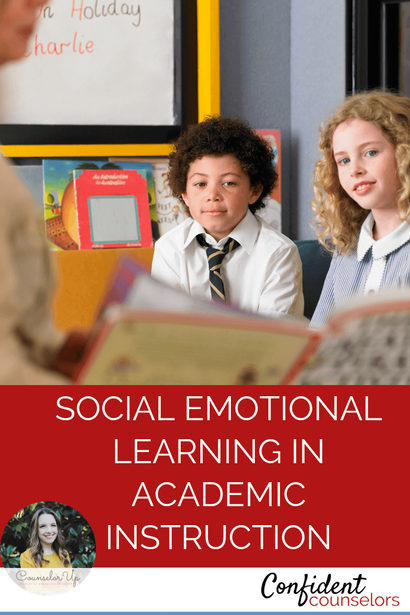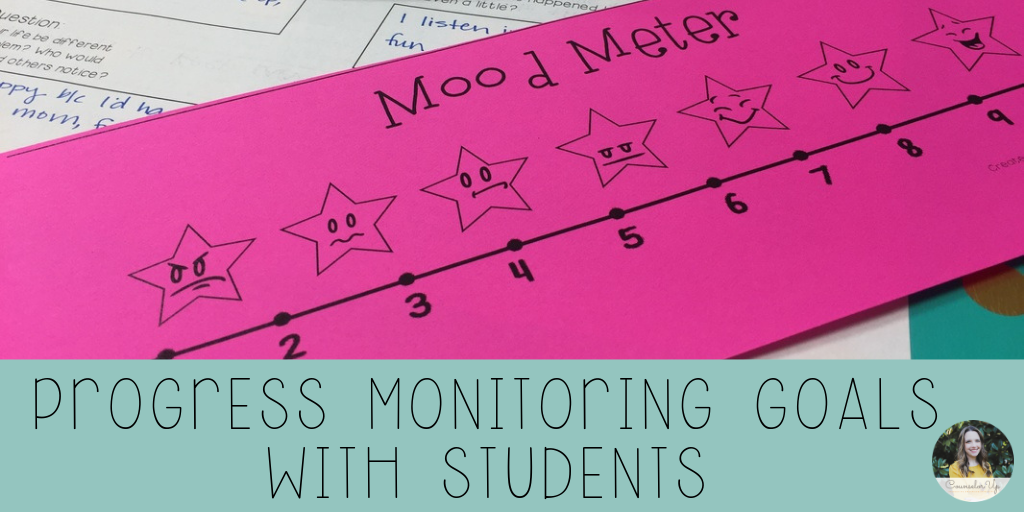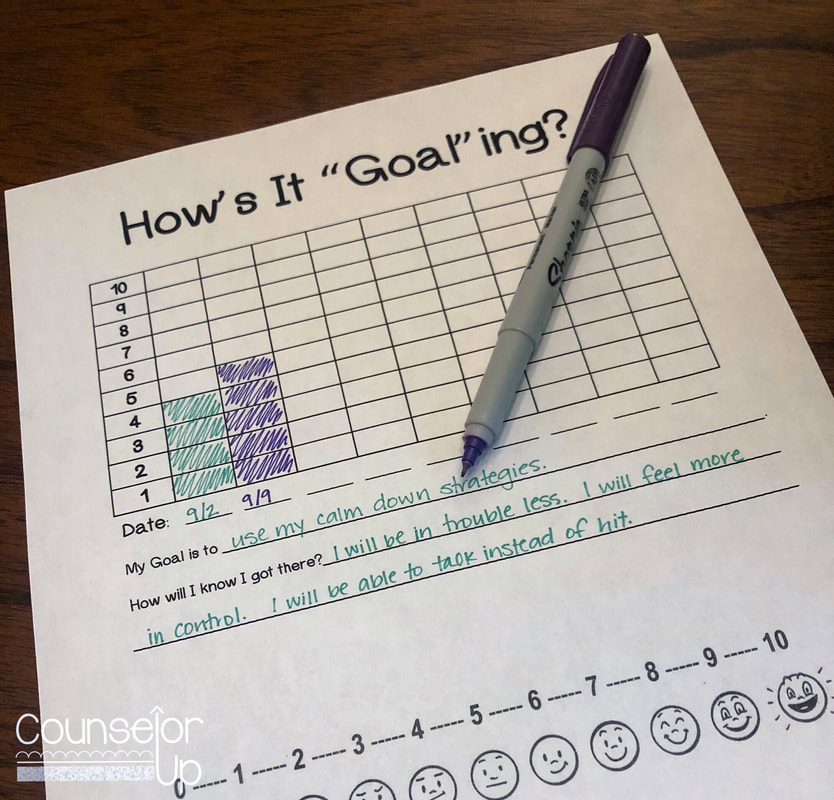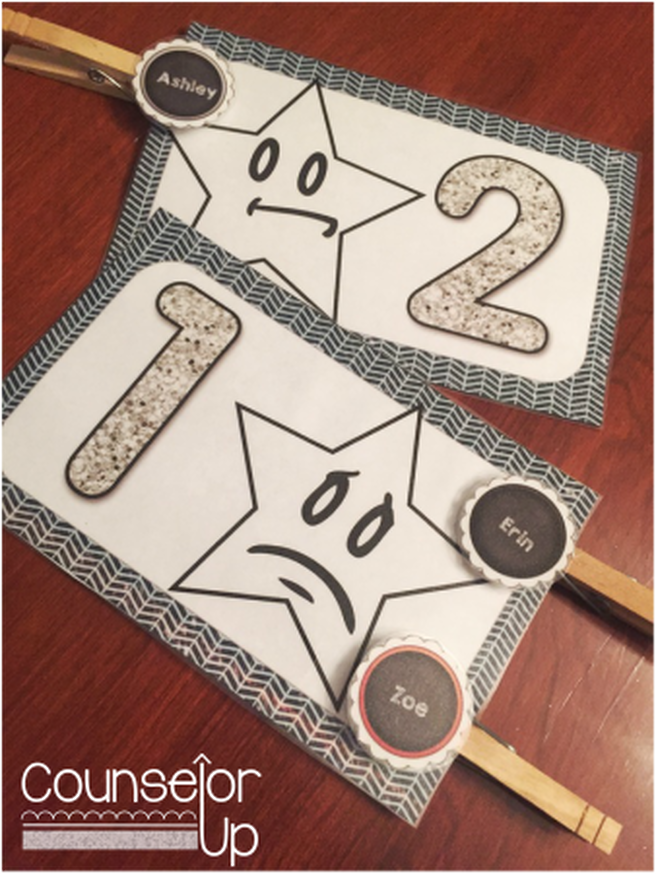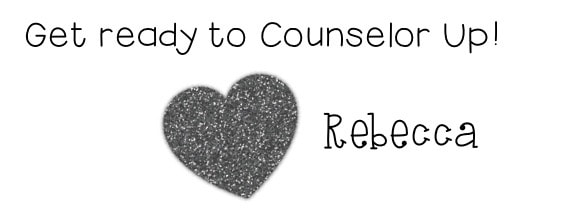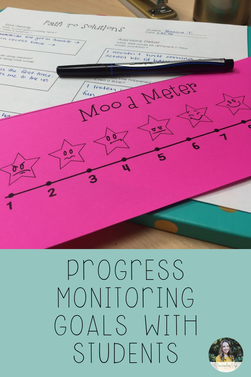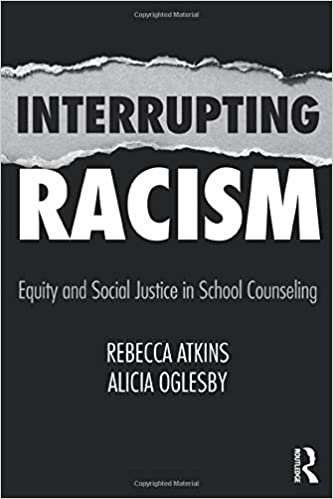To support that work, we are hosting an ASCA Webinar called Ignite Change for Equity and Inclusion tomorrow, September 18, 2019. If that moment has passed, you can check out the archive on ASCA On Air. To see our presentation from ASCA19 (the impetus for our webinar), you can read this post on White Silence.
We are also excited to announce that we have a book discussion guide for you! This two page document will give you some discussion points and ideas to guide your PLT or team's work around equity and social justice from the book. Please comment and let me know if you've been using the book in your counseling teams and professional learning communities!

